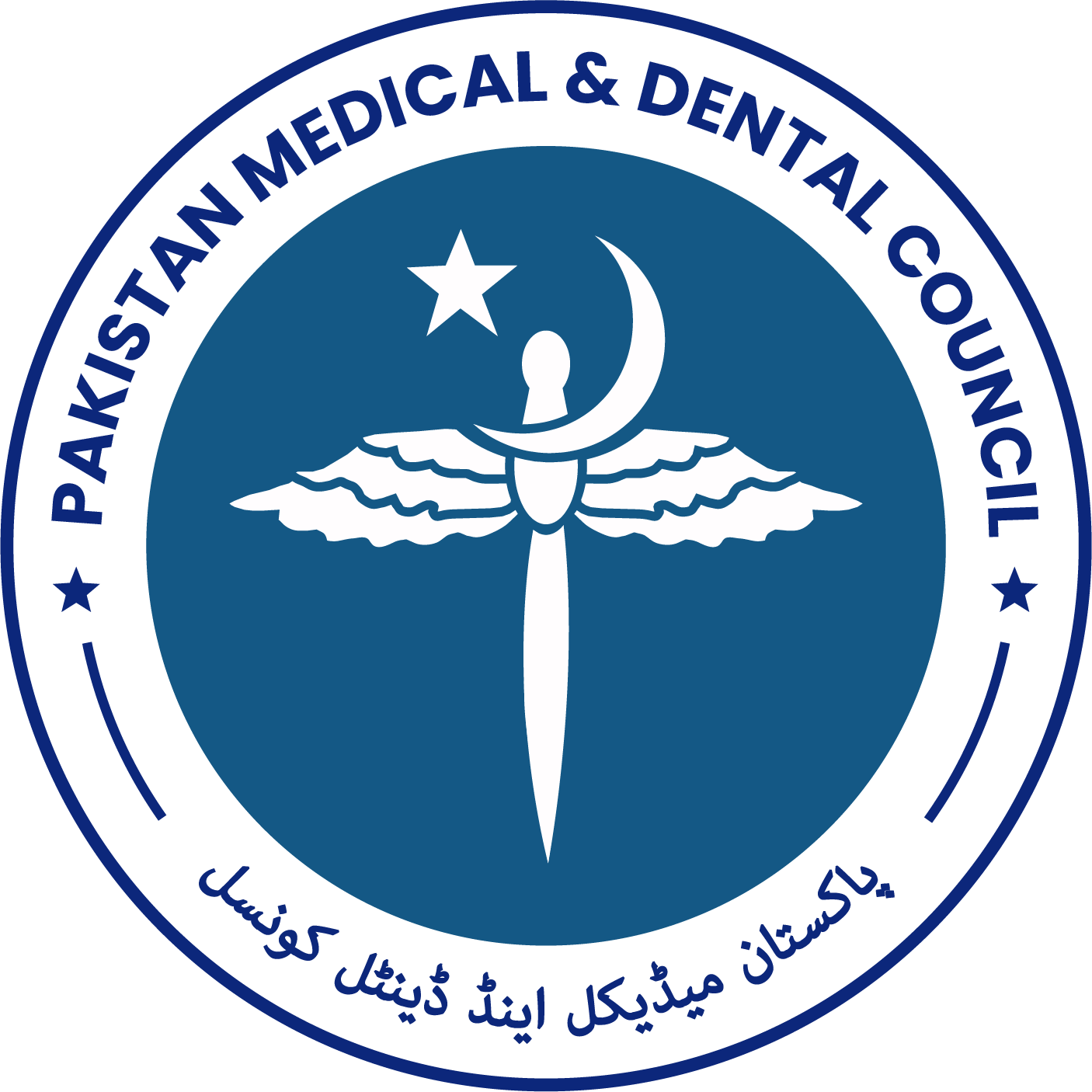Evaluation of Electrolyte Levels in Patients with Acute Coronary Syndrome
Abstract
Objective: The study aims to assess electrolyte imbalances in patients diagnosed with acute coronary
syndrome (ACS) and to explore whether these imbalances are associated with poor clinical outcomes in ACS.
Study Design: Cross-sectional analytical study.
Place and Duration of Study: The study was conducted at the Department of Cardiology, Mardan Medical
Complex Mardan, Pakistan from September 2023 to December 2023.
Methods: A cross-sectional study on 360 patients was conducted using the WHO sample size calculator.
Patients from both genders were included in this study. Demographic information of patients was obtained.
Serum electrolyte levels were done from the hospital's laboratory. Information was collected in predesigned
proforma. Sampling was done via non-probability convenient sampling. Informed consent was taken from all
patients, ensuring confidentiality and the fact that there will be no risk to the patients who are taking part in this study.
Results: Unstable angina was found in 60 (16.7%), in Non-ST-elevation myocardial infarction (NSTEMI) 154
(42.8%) and in ST elevation myocardial infarction (STEMI) 146 (40.6%) patients. Hyponatremia was found to be
in 108 (30%) patients, and it was associated in causing heart failure in around 58 (16.11%) patients.
Hypokalemia was present in 65 (18%) patients and showed VT in 28 (7.77%) cases. Hypomagnesemia (31.9%)
caused heart failure in 30 (8.33%) patients followed by VT in 26 (7.22%), cardiogenic shock in 24 (6.66%). All
electrolyte disturbances of the current study carried statistical significance in causing complications i.e. P-value
<0.001.
Conclusion: We concluded that electrolyte disturbances are common in patients with acute coronary
syndrome, and they carry adverse outcomes with respect to ACS related complications and mortality.
Copyright (c) 2024 Amna Saleem, Muhammad Farooq, Noor ul Hadi, Jehandad Khan

This work is licensed under a Creative Commons Attribution-NonCommercial 4.0 International License.















